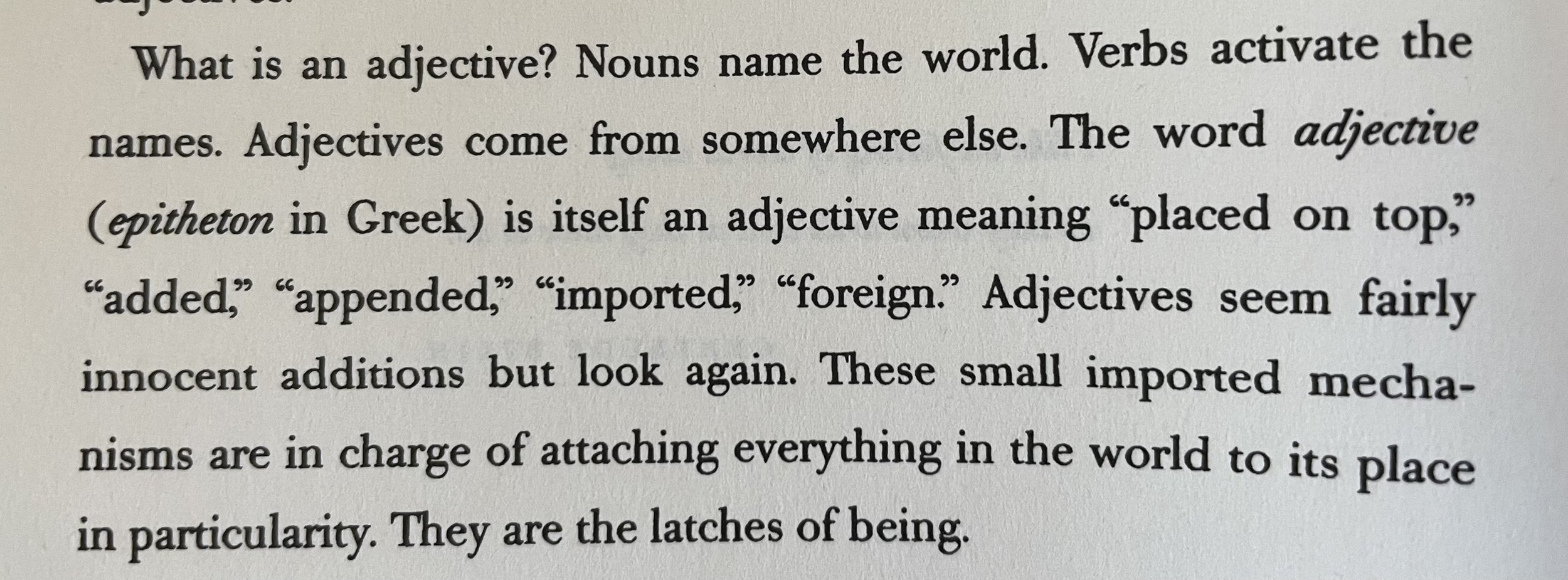I’ve been thinking about the power of language to divide and categorize: the euphemisms used in war and violence by those with power; how passive voice hides the perpetrator of a shooting or a bombing; how one group of people are agents of their actions, but others recipients, innocent of deed.
What voice do you use in your poems; in spite of the constant reminder to use strong, active verbs does the passive slip in? Is there a poem or story in which your speaker denies agency? Would passive voice demonstrate that stance? As always, who is your speaker/narrator, some version of you, or another persona entirely? Some critics denigrate the use of “I” in a poem or story, but I distrust anyone who believes they can be fully objective in their own life or perform as some omniscient observer neutrally accounting an event even if I enjoy the stories written in third person.
For the first editing prompt, take an unfinished or discarded poem or short story and adjust the voice of the speaker/narrator—changing syntax and tone—to one different from the original or from your own habitual style. In Eric Morago’s workshop series, we are often asked to write in another poet’s style. Focusing on someone else’s voice taught me much about my own and offered more directions for me to move within my writing.
Even verb tense can illustrate as much as it obscures.
I am unsure how helpful such focus is in the initial draft of a poem or story, but I think such considerations are necessary in the revision and in developing as a writer.
For the next prompt, again choose a poem or a short story that feels unfinished to you, and (making a copy of that document) change the verb tense—yes, I know past tense is traditional for prose. What happens to the pacing? What other changes do you need to make for it all to fit? Does a story or narrative told in first person feel as “factual” or “recorded” in the present tense? Can the reader—or will a reader other than you—feel the weight of prior events influencing the present moment you describe?
Again, this is just for experiment, so you will probably change the tense back to your original, but it may offer insights in revising rough areas or lines/sections that don’t fit together.
Let’s move from tense to parts of speech. Since reading Anne Carson’s Autobiography of Red I cannot stop thinking about this particular section:
To me, adjectives also are a way of further dividing and separating into categories. Sometimes the particulars are needed to express your meaning, setting a scene or creating an imagistic poem. While writers are often told to avoid adverbs and focus on active verbs, adjectives can build up.
For the next exercise, take a poem or story, and strip it of all of its adjectives. What happens? Do you need more nouns? Does the piece become too stark, empty or even vague? Add back an adjective one at a time but pause to consider how each one allocates the place a character/speaker or object within the described moment or place. What positions are you assigning to your subjects (objects)?
I hope these exercises will be helpful.
Bonus prompt: write a brief description of this photo of Cleveland Clinic
Now reconsider that description or combine it into a poem or the setting of a story after seeing the black and white photo of the same building (and different angle/location). What draws your eye?
Good luck writing! Have fun!




